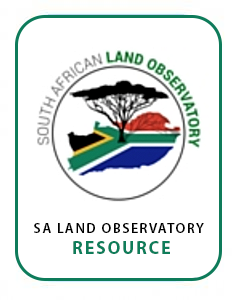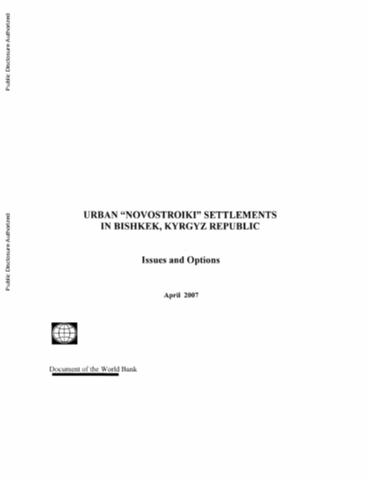Land Reform and Poverty in South Africa
The extent of land dispossession of the indigenous population in South Africa, by Dutch and British settlers, was greater than any other country in Africa, and persisted for an exceptionally long time. European settlement began around the Cape of Good Hope in the 1650s and progressed northwards and eastwards over a period of three hundred years.










